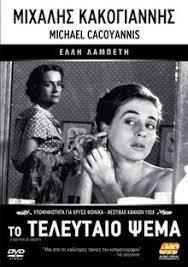ABOUT US
The Modern Greek Studies Foundation is a nonprofit organization that works to support and promote the study and appreciation of Modern Greek literature, language, and culture in all its forms, including cinema, music and the performing arts, by supporting academic institutions and cultural initiatives in the San Francisco Bay Area and beyond.
WHO WE ARE

The Modern Greek Studies Foundation was formed in 1983 as a California nonprofit organization based in San Francisco. The primary role of the foundation at that time was to support the Center for Modern Greek Studies at San Francisco State University led for over twenty years by the late Professor Thanasis Maskaleris. The first major undertaking of the Foundation was to establish the Nikos Kazantzakis Endowment and Chair. The endowment was created under the leadership of the late state senator Nicholas Petris, with the generosity of philanthropist Angelo Tsakopoulos. and the guiding spirit of Professor Maskaleris.
Following the retirement of Professor Maskaleris, the Center was headed by Dr. Martha Klironomos, a scholar with an emphasis on modern Greek literature, who led the Center with great commitment for twenty years until the administration at San Francisco State unceremoniously chose to abandon the program.
With the closure of the Center at San Francisco State in 2020, the Nikos Kazantzakis Endowment was transferred to the University of California at Berkeley where it now funds the innovative Nikos Kazantzakis Visiting Scholar Program overseen by the Hellenic and Modern Greek Studies Program and its Director Professor Christine Philliou. The professorship will bring scholars to UC Berkeley to teach, present public lectures, and conduct research. We are honored that the name of the great Cretan writer and thinker will forever be attached to a professorship at UC Berkeley to inspire new generations of students and scholars in the importance and beauty of modern Greek literature, language, history and culture. We envision a time when the professorship can grow into a full-time position.
The other outstanding program supported by the Foundation is the San Francisco Greek Film Festival. The Festival is now in its twentieth year of presenting contemporary Greek and Cypriot films to Bay Area audiences and is the longest-running Greek film festival in the United States. The Festival presents dozens of feature-length and short films in a variety of venues (including online) and brings filmmakers and actors from Greece to discuss their work and meet with audiences. The films are screened with English subtitles to attract all interested cinephiles. The Festival also holds an annual reception in Athens for the benefit of the Greek film community.

December 1981: Ceremony establishing SF State’s Center for Modern Greek Studies.
Left to right: SFSU Graduate Dean Robert Rogers; School of Humanities Dean Nancy McDermid; SFSU Prof. Richard Trapp; State Sen. Nicholas Petris, president, Modern Greek Studies Foundation; SFSU President Paul F. Romberg; Prof. Thanasis Maskaleris, director, Center for Modern Greek Studies; Christos Botzios, Consul General of Greece.
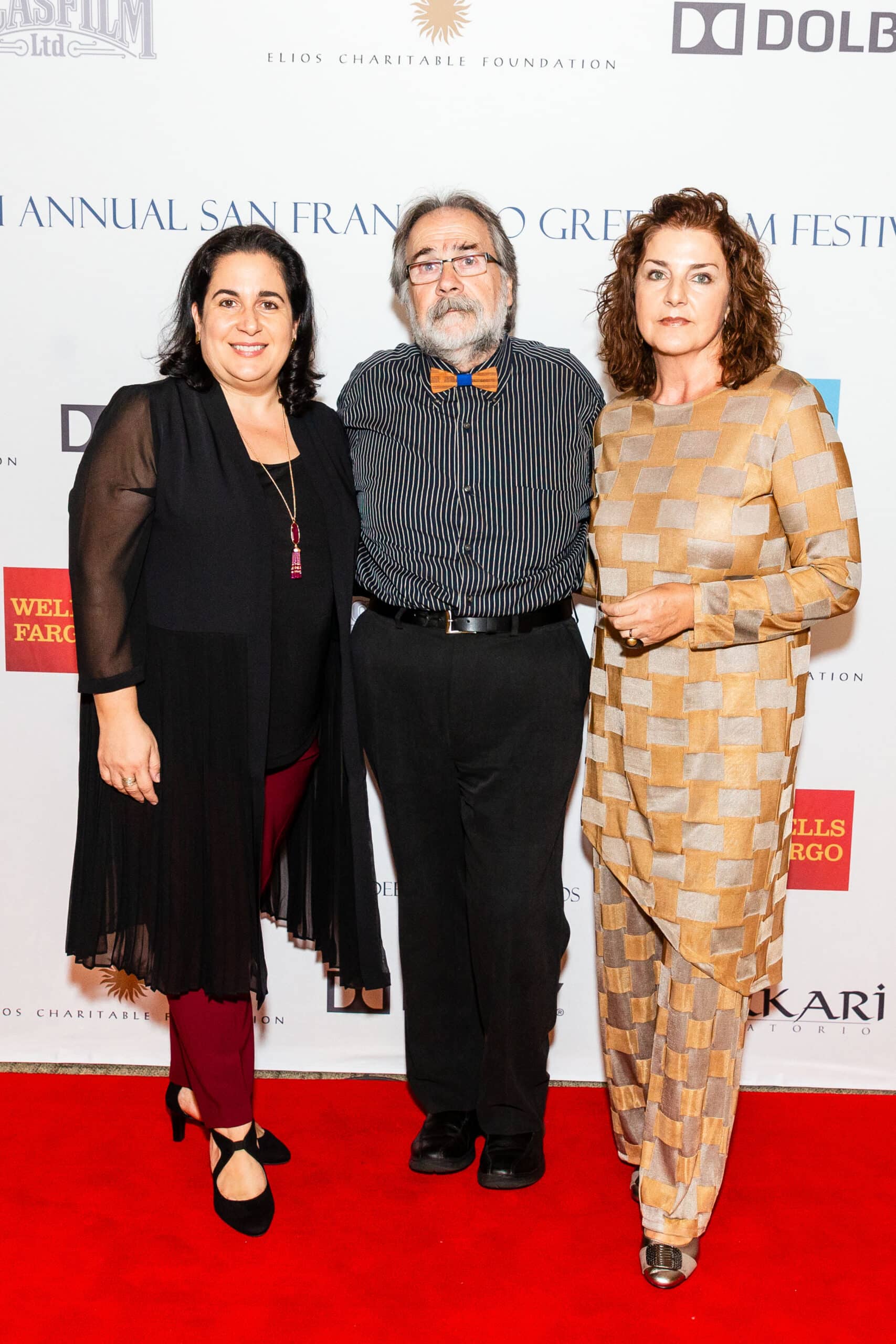
In addition, the Foundation supports a variety of other academic initiatives and programs at Bay Area colleges and universities. The Foundation recently awarded the mantle to host the Nicholas Petris Lecture Series to the Hellenic Studies Program at Sacramento State University directed by Professor Katerina Lagos. This program presents an annual public lecture highlighting various aspects of modern Greek culture and is named in honor of the late Nicholas Petris, the first president of the Foundation who spent thirty years serving the people of California as a dedicated state senator. The Foundation also has supported the Tsakopoulos Hellenic Collection at Sacramento State University by donating significant collections and archives of Greek literature, including the private collection of the late Professor Thanasis Maskaleris, and the Kyriakos Tsakopoulos Collection previously held at San Francisco State University.
The Foundation has also sponsored theatrical performances such as the presentation of Socrates Now created and performed by veteran director and actor Yiannis Simonides with shows at San Francisco State University and the Ascension Greek Orthodox Church in Oakland, California.
The Board of Directors of the Foundation remains more committed than ever to ensure the continuation of these vital activities both within and beyond academic settings and to celebrate the countless contributions of Hellenic culture. We welcome your support and encouragement.
Finally, the Foundation sponsors the Nicholas Petris Lecture to bring important voices to the community such as those of the Hon. George Papandreou. The Foundation transferred the presentation of this event to the Hellenic Studies Program at Sacramento State under the astute leadership of Professor Katerina Lagos. All library collections previously held by the Center for Modern Greek Studies at San Francisco State were transferred to the Tsakopoulos Hellenic Collection at Sacramento State along with the private collection of Professor Maskaleris. In this manner, the Foundation is committed to supporting the worthy programs at both UC. Berkeley and Sacramento State.
BOARD MEMBERS

Chris Kanios
President

Kleon Skourtis
First Vice-President

Professor Katerina Lagos
Second Vice-President

Nick Tarlson
Treasurer
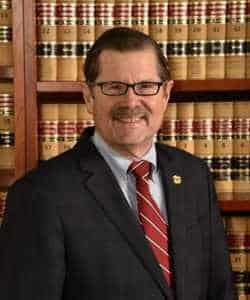
Peter Lagarias
Legal Counsel
John Tsingos, Past President
Patricia Aleck, Past President
Bill Ballas
Dimitri Charalambous
Dr. Tatiana Drakaki
George Fonti
Dr. Alexandros Kokkinidis
Eftychia Kokkinidou
Takis Kalogerias
Katerina Lagos, Ph.D.
Maria Nicolacakis
Peter Panocotacos
Nikos Panopoulos, Ph.D.
Alex Papalexopoulos, Ph.D.
Angelos Sakkis
Yiannis Samaras
Nick Stamatakis
Katerina Mavroudi-Steck
In Memoriam: Professor Martha Klironomos
Professor emerita of Modern Greek Studies, Comparative Literature and Literature in English, served as Director of the Center for Modern Greek Studies at San Francisco State UniversityDr. Martha Klironomos, professor emerita of Modern Greek Studies, Comparative...
In Memorium: Professor Thanasis Maskaleris
Professor Thanasis Maskaleris was the guiding light that brought the study and celebration of Modern Greek Studies to the San Francisco Bay Area. His love and deep knowledge of the modern Greek language, literature, and culture motivated him to establish the Center...
MISSION
The Modern Greek Studies Foundation exists to promote and support the study and appreciation of modern Greek literature, language, and culture in all its forms and to present public programs reflecting and celebrating the importance, depth, and beauty of Hellenic culture.
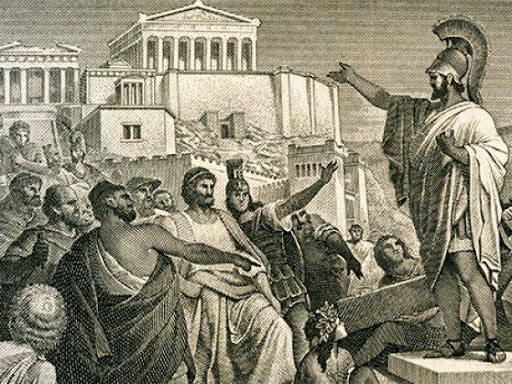
Why do we emphasize “modern” Greek studies?
by Chris Kanios, President MGSF
Everyone knows about Classical Greece and the contributions of the ancients, particularly in ancient Athens. Greeks are shamelessly proud of this history and for good reason. There were amazing accomplishments within a relatively brief window of time when a staggering amount of intellectual, philosophical, and artistic expression exploded from this small corner of the planet. This is the era of Plato and Socrates, Themistocles and the Battle of Salamis, Pericles and Aspasia, Aeschylus, Sophocles and Euripides, Phidias and Kallikrates, and so many more. This era is covered in Classics departments, History departments, Philosophy departments, and Art departments in universities and colleges all over the globe.
Modern Western societies developed a deep respect, awe, and infatuation with this ancient era to the point of glorifying a very complicated, violent, and patriarchal society that truly did make profound and revolutionary efforts to expand political power with its novel concept of democracy and to fuel this explosion of intellectual and artistic achievement. Of course, this democracy, like our own, lived with the contradiction of having a remarkably large population of citizens of every class enjoying an unprecedented expansion of political power and individual freedom while simultaneously benefiting from a large population of enslaved people, mostly acquired as captives, as did other powerful societies of the time. This history is endlessly fascinating and important.
And perhaps the greatest legacy of ancient Athens is that the ideal and promise of democracy, however imperfect in all its irresistible and profound beauty, would survive to this day to inspire millions of people around the world in search of personal dignity and freedom to pursue a path of political, spiritual, artistic and intellectual liberation from historic forces of oppression and coercion. The legacy of thinkers such as Socrates has travelled over two thousand years to modern giants of social justice such as Martin Luther King, Jr. As King wrote in his famous ‘Letter from a Birmingham Jail’ in 1964:
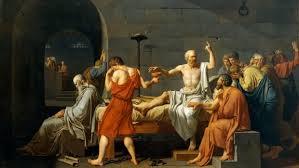

“Just as Socrates felt it was necessary to create a tension in the mind so that individuals could rise from the bondage of myths and half-truths to the unfettered realm of creative analysis and objective appraisal, we must see the need of having nonviolent gadflies to create the kind of tension in society that will help men to rise from the dark depths of prejudice and racism to the majestic heights of understanding and brotherhood.”
Modern Greek Studies leaves this heavily studied ancient period, for the most part, to the classicists, historians, and others who make it their scholarly pursuit. We dip into it on occasion, we find there the roots of much of modern thought and creative energy, as King found inspiration in the life of Socrates. But our focus in Modern Greek Studies is dedicated primarily on the past few hundred years or so, especially since the modern independent Greek state finally emerged in 1828 after 400 years of Ottoman domination.
Exceptionally talented writers, thinkers, scientists, musicians, and artists emerged in this modern era from this small country of only 11 million people. Too often, they were not known outside of their homeland.
Nikos Kazantzakis stands above them all as a monumental persona whose talents famously transcended the boundaries of geography and language. He wrote 64 books of all types, translated into dozens of languages, from novels and travel journals to philosophical and spiritual treatments. Zorba the Greek, perhaps his most famous novel, was written toward the end of his career after he created astounding works such as The Odyssey: A Modern Sequel (1938) and many others. He was nominated for the Nobel Prize in Literature not once, but nine times. His critical stance toward the Greek Church and his liberal to leftist leanings caused conservative forces in Greece to ensure that he would never actually win the award. As one of the great writers of the modern era he is worthy of having his name attached permanently to a Chair or Professorship at one of the world’s great universities to ensure that his contributions are forwarded to future generations.
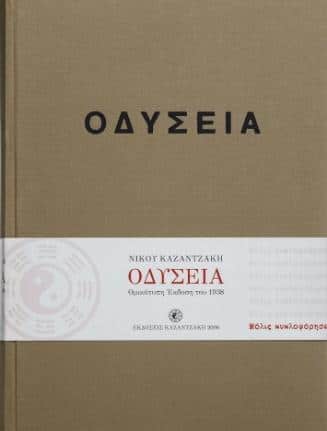
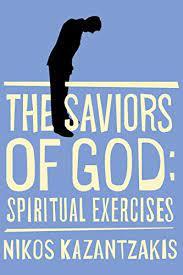
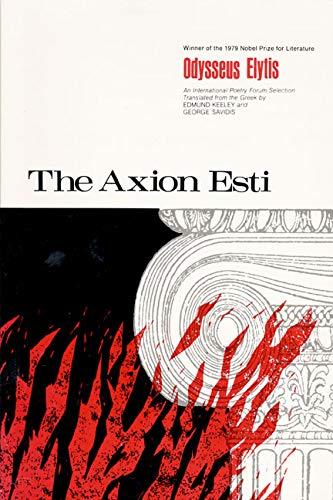
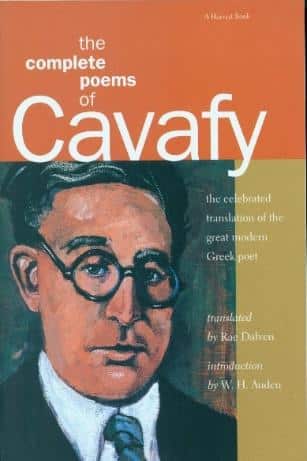
There are many other exceptional Greek and Cypriot writers in this modern era. During the early nineteenth century, poets Dionysios Solomos and Andreas Kalvos heralded the new generation of triumphant Greeks who overcame Ottoman rule and helped establish the foundation of modern Greek literature.
By the twentieth century, Greek writers achieved literary prominence. Poets George Seferis and Odysseas Elytis earned the Nobel Prize, while Yannis Ritsos had the honor of being nominated twice but took greater satisfaction when awarded the Lenin Peace Prize. Kyriakos Charalambides from Cyprus also earned great acclaim for his poetry. The deeply admired Constantine Cavafy of Alexandria would never know that his poem “Ithaka” would become required reading in hundreds of comparative literature classes around the world.
In addition, a talented film community emerged after WWII and the Greek Civil War. Directors like Michael Cacoyannis from Cyprus, Costa Gavras, and Theo Angelopoulos all earned international acclaim as did musical composers such as Manos Hadjidakis, Mikis Theodorakis and others. And many visual artists have been highly regarded in the art world, such as Nikos Hadjikyriakos-Ghikas and Panayiotis Tetsis, but often hidden or ignored in broader circles. The modern era in Greece and Cyprus has produced exceptionally talented and important voices and artists that carry with them a profound legacy of creative and intellectual achievement worthy of our attention and appreciation.
